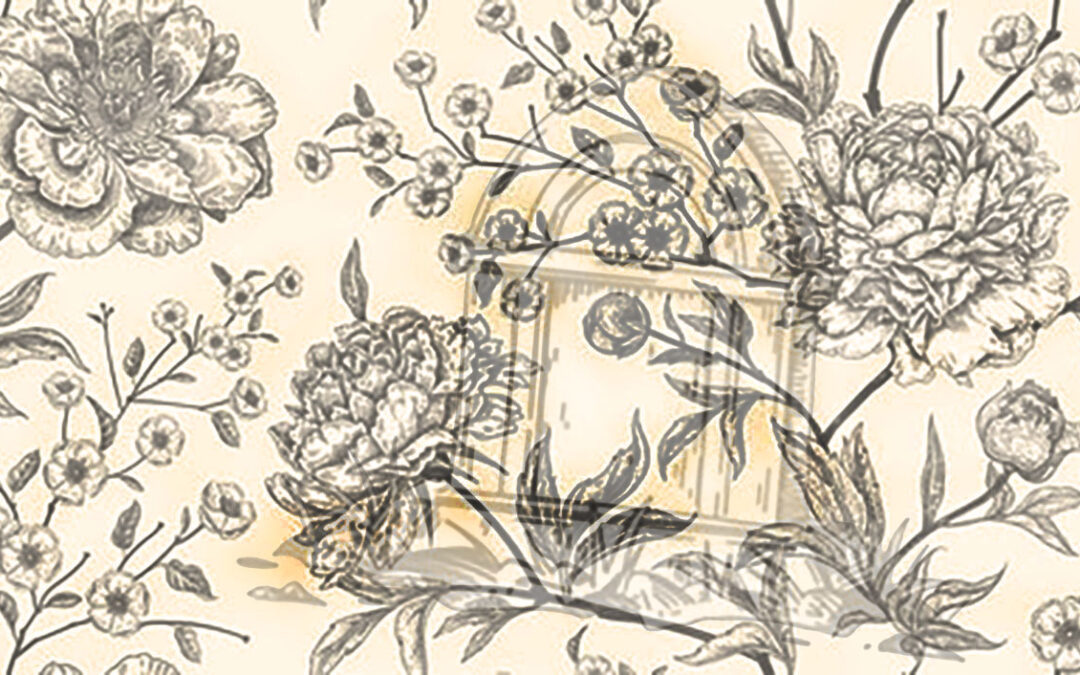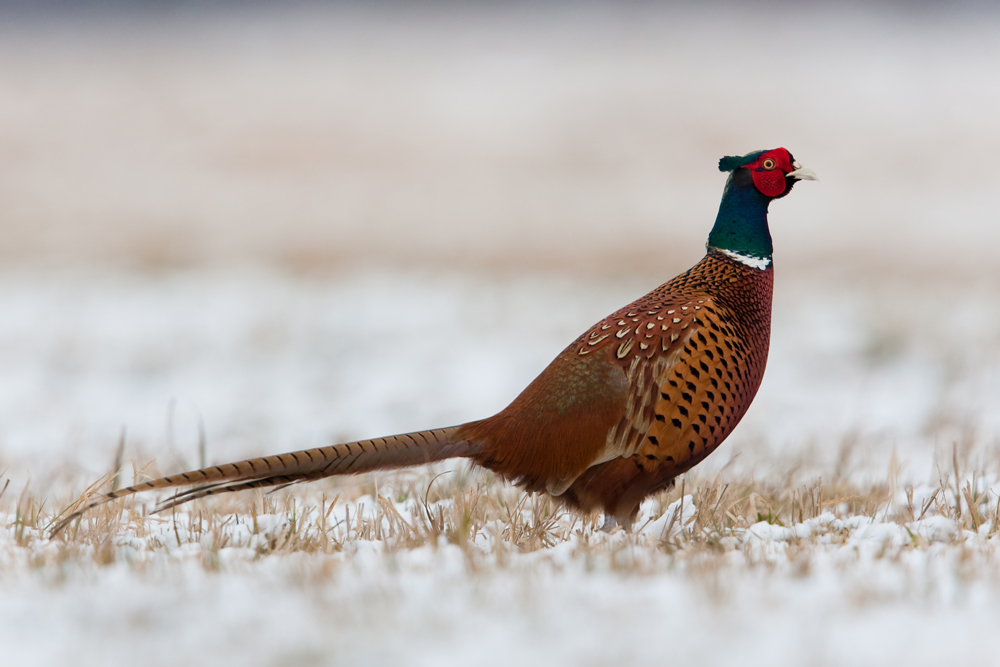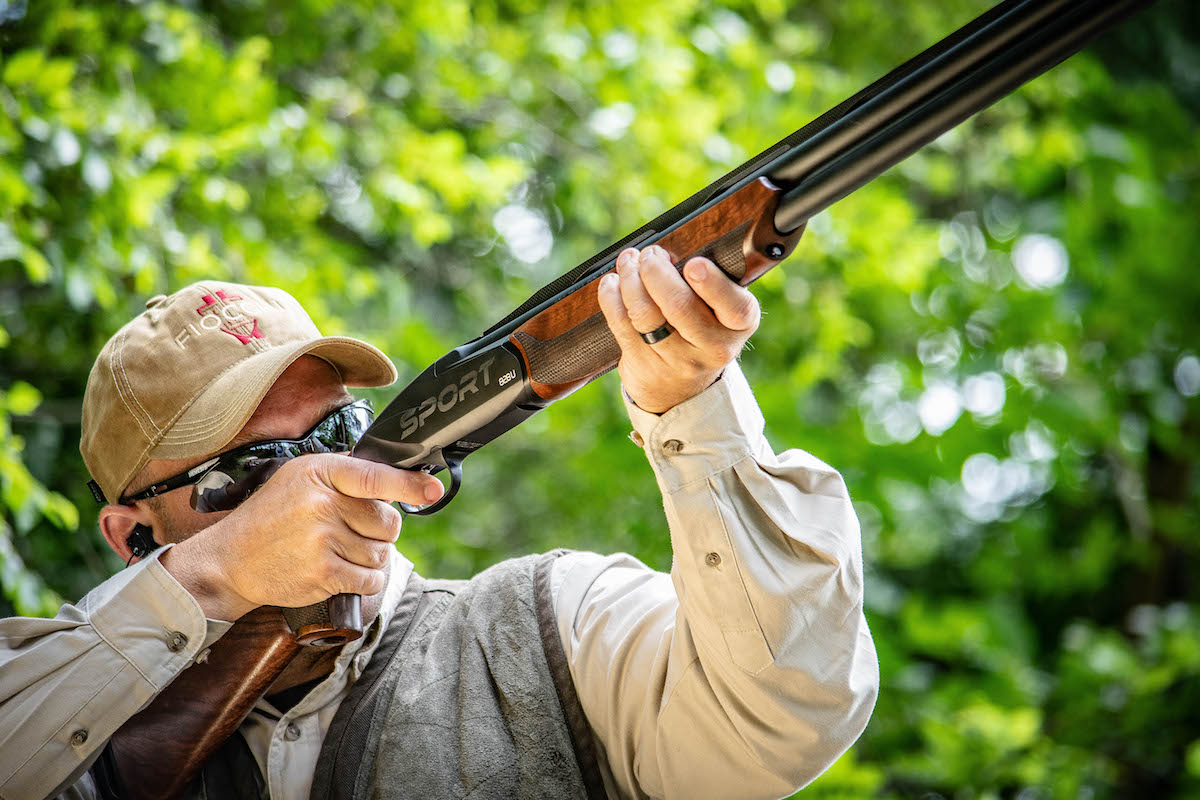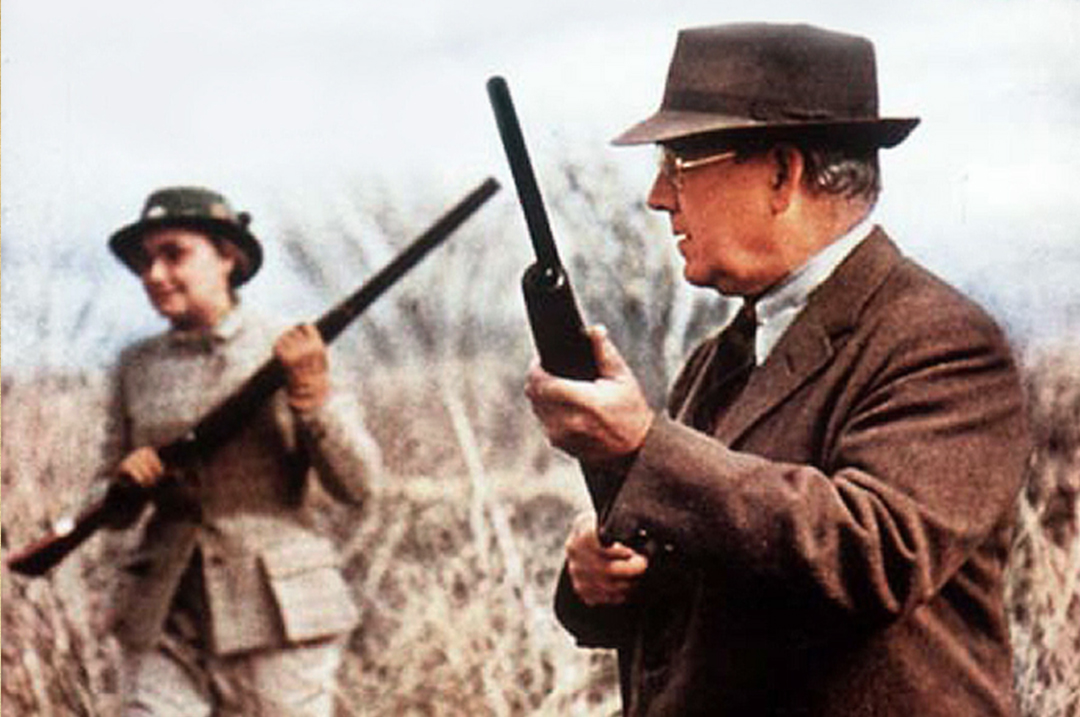I know it’s March, the greening season and time for renewal.
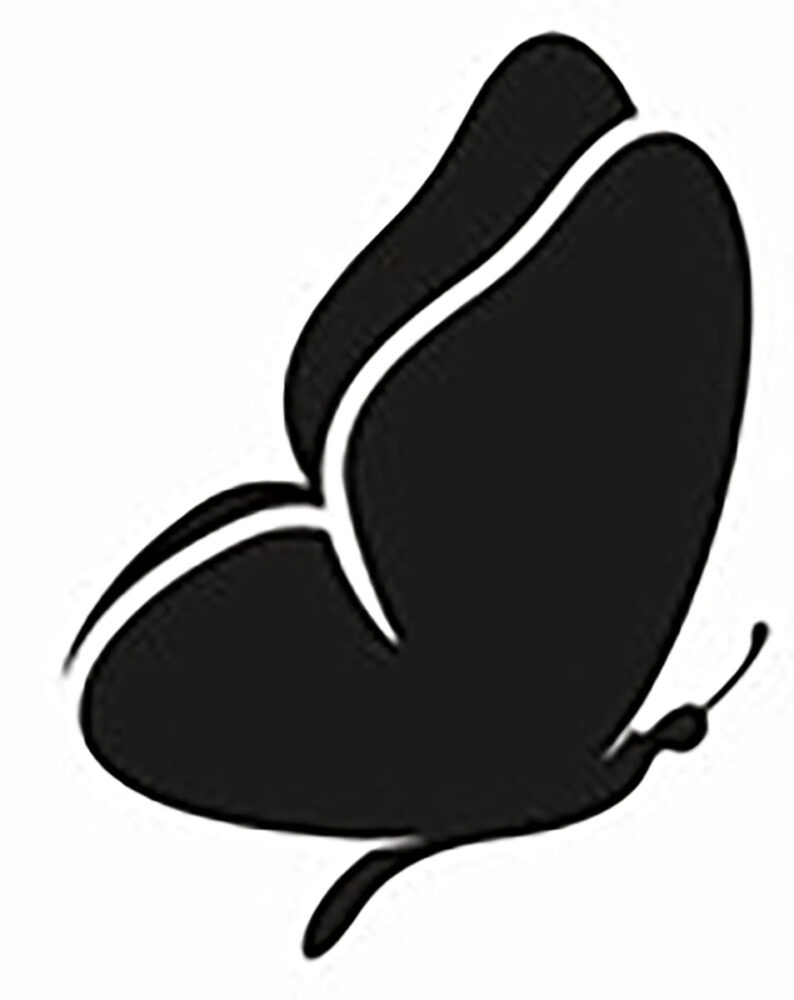 It’ll be a while coming yet in the north and west, but winter’s gruff countenance is, day-by-day, begrudgingly giving way to the smile and fair grace of spring. Down South, deep in Dixie, the dogwoods are pregnant with buds that soon will burst with the chaste, four-pedaled resurrection blossoms that so beautifully reconsecrate the woodlands. And Old Mister Longbeard, with the arrival of each more glorious new dawning, will thunder his applause and ardor from hillside and hollow.
It’ll be a while coming yet in the north and west, but winter’s gruff countenance is, day-by-day, begrudgingly giving way to the smile and fair grace of spring. Down South, deep in Dixie, the dogwoods are pregnant with buds that soon will burst with the chaste, four-pedaled resurrection blossoms that so beautifully reconsecrate the woodlands. And Old Mister Longbeard, with the arrival of each more glorious new dawning, will thunder his applause and ardor from hillside and hollow.
It’s time for new life, a time to fall newly in love with living, to look around you — a tall of wild and wood — and rediscover again the contagious joy of being alive.
And I do love it well. For it is a grand and goodly thing. But for spring, the advancing vagaries of aging, once September decays to December, might muck us in self-pity.
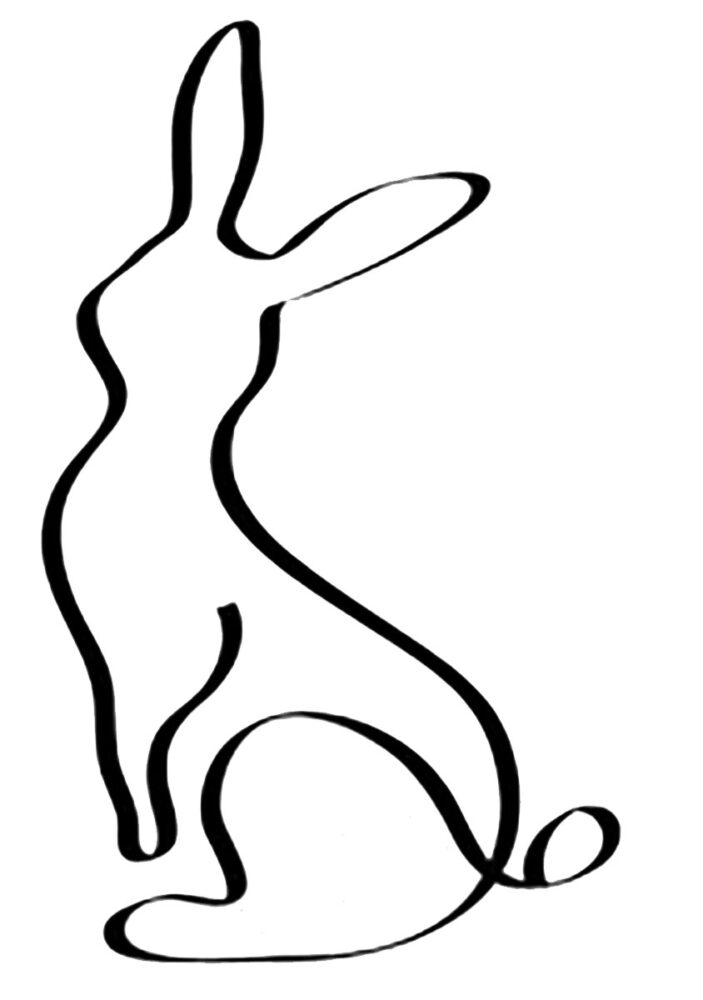 Autumn, lovely and mellow as it is, forces us — more overwhelmingly with its every passing — to acknowledge and accept the limits of our mortality; the dark and despairing weight of a cold, wet and blustery wintry midnight, skeletal shadows of the bare trees black and soaked outside the window, their bony fingers scraping against the hoary panes can be like someone walking prematurely over our grave; while spring frolics forth in her bright green frock and bonnet, sending spirits soaring from the bottomlands of depression to blue, cloudless skies and sunlit reassurance that life, while we have it, is so wonderfully worth the living.
Autumn, lovely and mellow as it is, forces us — more overwhelmingly with its every passing — to acknowledge and accept the limits of our mortality; the dark and despairing weight of a cold, wet and blustery wintry midnight, skeletal shadows of the bare trees black and soaked outside the window, their bony fingers scraping against the hoary panes can be like someone walking prematurely over our grave; while spring frolics forth in her bright green frock and bonnet, sending spirits soaring from the bottomlands of depression to blue, cloudless skies and sunlit reassurance that life, while we have it, is so wonderfully worth the living.
For all of that, it takes me a few weeks to gather its rhythm. I’m a hard time getting past November. Seems with each fleeting year, the more. For I love its season more than any other. I love its mellow mood, the honesty and humility it brings me to feel, the things it brings me to know about myself, the emotions it inspires in so many affecting and wonderful colors.
Depending upon where you live in the northern hemisphere, its complement maybe September or October, but whichever, it’s properly spelled “p-e-r-f-e-c-t-i-o-n.”
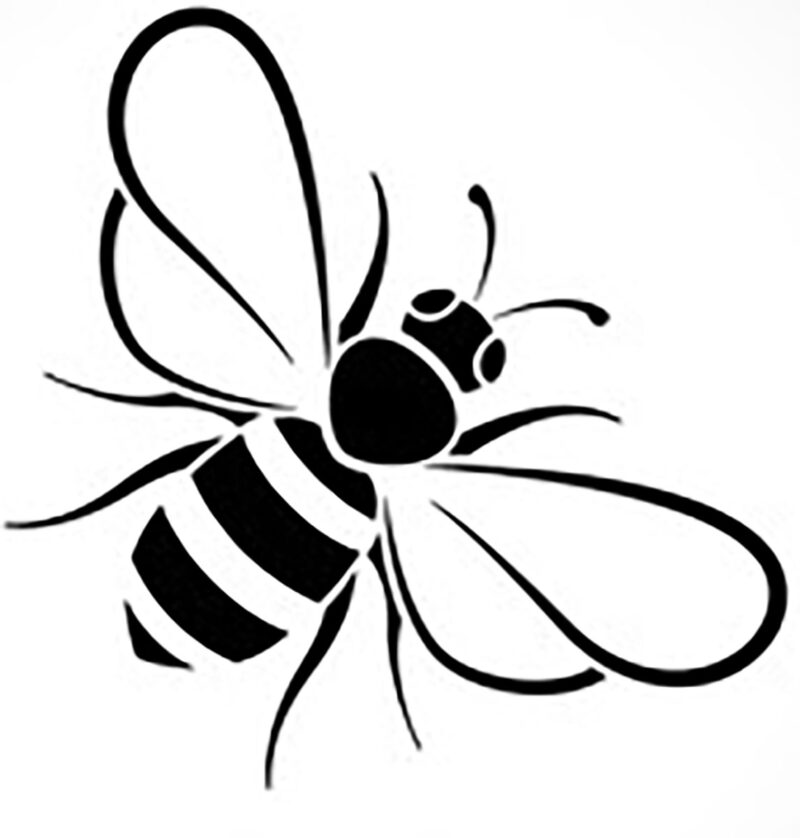 Here, it’s November, letting me know I’ve survived to this fine annual intersection of life and living once again, bringing so many wonderful things that I love: hunting seasons, upland and marsh; blues in the surf; stripers in the chilling waters of the bay; walks in the woods; the rustle of leaves under my feet; crystal days and obsidian nights; the magic of your breath on the air; the bay of a hound distantly in the dark; first frosts; muscadines hiding cold and sweet beneath the leaf mold; sweet cornbread in a Dutch oven by the fire; a tired bird dog by chairside; the burn and warmth of a good malt; the memory of a perfect day, a perfect yesterday, the promise of yet another, tomorrow. Thanksgiving. An old family farmhouse filled with laughter and folks you love and reeking to the rafters with roasted harvest frankincense. A table groaning with blessings and thankfulness. The thought — of thankfulness — that there can never be enough. And how you wish, Dear God . . . you could slow it all down and make it last clean through ’til next year . . . ’til, Pray Lord, you’ll still be here, and it’ll come again.
Here, it’s November, letting me know I’ve survived to this fine annual intersection of life and living once again, bringing so many wonderful things that I love: hunting seasons, upland and marsh; blues in the surf; stripers in the chilling waters of the bay; walks in the woods; the rustle of leaves under my feet; crystal days and obsidian nights; the magic of your breath on the air; the bay of a hound distantly in the dark; first frosts; muscadines hiding cold and sweet beneath the leaf mold; sweet cornbread in a Dutch oven by the fire; a tired bird dog by chairside; the burn and warmth of a good malt; the memory of a perfect day, a perfect yesterday, the promise of yet another, tomorrow. Thanksgiving. An old family farmhouse filled with laughter and folks you love and reeking to the rafters with roasted harvest frankincense. A table groaning with blessings and thankfulness. The thought — of thankfulness — that there can never be enough. And how you wish, Dear God . . . you could slow it all down and make it last clean through ’til next year . . . ’til, Pray Lord, you’ll still be here, and it’ll come again.
For you, as me, I’ll wager, November is the la hauteur de la Soul of autumn. Its richly distilled, soulful height.
I love it all more than I know how to say; my best words at the effort rest as no more than fallen leaves upon the surface of the well.
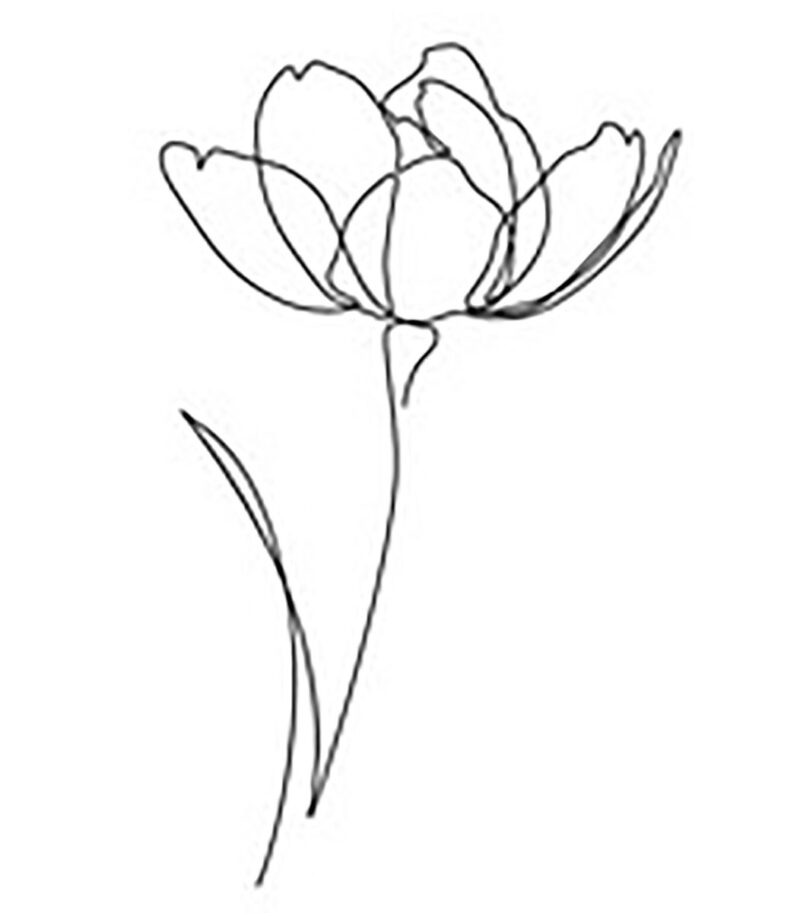 Though I can tell you how to really feel it, to truly savor the singularity of its blend. Stop. Put all else aside. Go. Alone. Sit. Rest in a ladder stand against a great oak on a high hardwood ridge also ablaze with maple and hickory, amid a woodland chapel of scarlet and gold, on so flawless an afternoon that all its surrounding cathedral colors are backlit to emotion by a waning sun. In a place as dear to you as the month itself. Not to hunt, but to pause quietly for a few hours, to watch and listen, to find again — or perhaps for the first time — the part of you that nothing else can reach.
Though I can tell you how to really feel it, to truly savor the singularity of its blend. Stop. Put all else aside. Go. Alone. Sit. Rest in a ladder stand against a great oak on a high hardwood ridge also ablaze with maple and hickory, amid a woodland chapel of scarlet and gold, on so flawless an afternoon that all its surrounding cathedral colors are backlit to emotion by a waning sun. In a place as dear to you as the month itself. Not to hunt, but to pause quietly for a few hours, to watch and listen, to find again — or perhaps for the first time — the part of you that nothing else can reach.
It has been said that “Birth, life, death . . . took place on the hidden side of a leaf.” There you will know it is true.
Go when the wind is utterly silent, and after a few moments you can hear the sigh of the golden leaves at the top of the trees as — one-and-another — they release their grip on the stems . . . fall away and rock ever-so-gently through the sunlight to the forest floor. Bequeathing themselves back to the Earth. Their serene and wondrous exodus the last flourish of their passing. So heartachingly beautiful, so incomparably poignant.
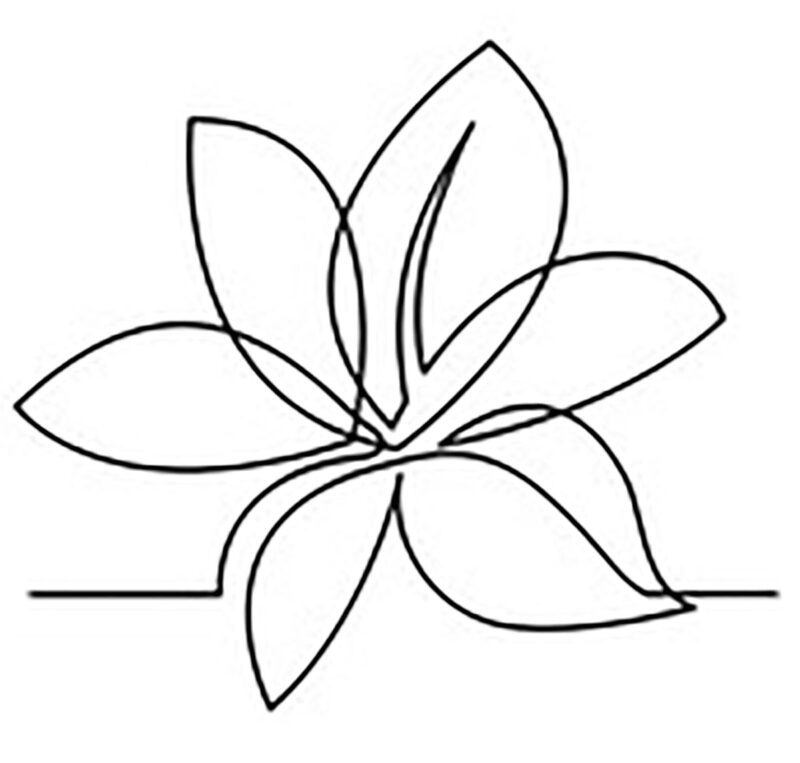 It should be nice could we all say farewell to the world as eloquently. Their time done on this planet in the space of a few months. Wonder many minutes with yourself that somehow you have been given more. Nothing I have found in life more clearly frames in the matter of only a few, short hours the bracket limits of my mortality, and the worldly spiritual estimation that will constitute the meaning of my being.
It should be nice could we all say farewell to the world as eloquently. Their time done on this planet in the space of a few months. Wonder many minutes with yourself that somehow you have been given more. Nothing I have found in life more clearly frames in the matter of only a few, short hours the bracket limits of my mortality, and the worldly spiritual estimation that will constitute the meaning of my being.
Invariably, I am brought to last words, how I might wish to be remembered. To “epitaph,” the final signature a man or woman may leave on this Earth to record in his own summation the matrix of his being.
I have collected them for years, from all sources, but mostly from old country churchyards. And most avidly, those which either directly or by paraphrase capture the things I have loved most: elements of the sporting life.
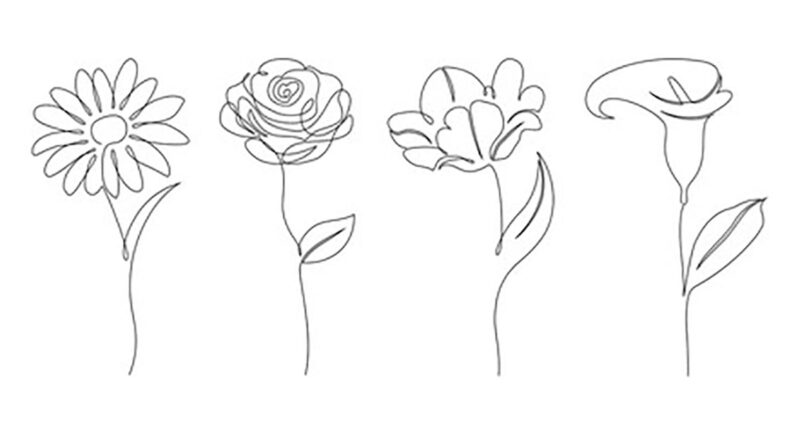
I believe it is important that every man of decent sentiment leave his personal summation of his days on Earth. For himself, and for his others. It is important to know of a man, the last spiritual thing of himself he would leave to be known by his kin and brothers. Do not wait too late, nor choose to forget . . .
“Stranger as you pass by,
As you are now, so once was I,
As I am now, so you must be,
Prepare in time to follow me.”
(“To follow you I’ll not consent,
Until I know which way you went.”)
Or less elegantly,
“Stuff happens.”
(Actual, from the tomb.)
or, “Dammit! I told you so.”
or, “Shall I be gone long?”
or, “Just get me back by opening day?”
Those who savor Nature, the rod and
chase, I believe, live about as expressively
as a man can; why check out
more commonly?
Relish every hour. Omnes vulnerant,
ultima necat. “All hours wound,
the last one kills.”
“There’s nothing certain in a man’s life except that he must lose it.”
“Once I wasn’t . . . Then I was
Now I ain’t again.”
Die, V. To cease hunting & fishing suddenly.
“God pours death into life, and life into
death, without a drop being spilled.”
From the gravestones of those who have known both:
“Live your own life, for you shall die your own death.”
“Be not afraid of death, It’s the stake one
puts up in order to play the game of life.”
“Die proudly when it is no longer possible to live proudly.”
“I shouldn’t mind dying — it’s this business of staying dead that scares hell out o’ me.”
For all who have cherished Nature:
“What is to die?
Other than to stand in the sun and
melt into the wind.”
“Gaily I lived as ease and Nature taught,
And spent my life without undue thought,
And am amazed that Death, that tyrant grim,
Should remember me, who never thought
of him.”
“Millions long for eternity, who do not
know what to do with a rainy afternoon.”
“Let children walk with Nature, let them
see the beautiful blendings and
communions of life and death, their
incomparable unity.” (Epitaph of John Muir)
“Death is the debt to Nature due.”
For fishermen:
“‘Good Fishing’ the sign said,
that hung on a golden door.
When I flung it open, there was God with
a dry fly — plying the neer shore.”
(In deference to the late Ed Zern)
“Sir John Grange,
An honest fisherman,
And that is strange.”
“Here lies Gilles. Knew no fear,
Fished the big rivers, made a mis-step,
and wound up here.”
“My glass is run, yours is comin’,
Remember the salmon, fish while
they’re chumming.”
“Life is better than death, I believe, if
only because it is less boring, and has
brook trout in it.”
“No fish, no net, no rod, no run,
No fish! Dead, man. Thy will be done.”
For hunters and fishermen who have loved Africa:
“The idea is to die young as late as possible.”
“He had six bullets but he needed seven.”
“He was young, He was fair,
Until a careless buffalo re-did his hair.”
From a gunning companion:
“I do not care how many flowers they send —
Only that the happiest trade would be
For you to say to me, “Let’s go hunting
again, My Friend.”
For hunters:
“For lives taken, it remains only fair that
one day we should relinquish our own.”
“Home is the sailor, home from the sea,
And the hunter, home from the hill.”
(Robert Louis Stevenson)
“My coal is spent, and I am gone,
My stag is hung, my day is won.”
“What! Kill a Partridge in the month of May?
Was that done like a sportsman, eh,
Death, eh?”
(Last words of Will Partridge)
“Here lies the body of Bubba Magrew,
Made a glorious double, but choked on Redman chew.”
Life as we should live it:
“Nothing’s so sacred as honor, and nothing’s
so loyal as love.” (Wyatt & Josie Earp)
“Here lies . . . Age 102
The good die young.”
Of our dogs:
“To mark a friend’s remains these stones arise;
I never knew but one — and here he lies.”
(Lord Byron)
“Steel true, blade straight.”
(Sir Arthur Conan Doyle)
Amor conjugalis aeterus.
“One Mind, One Faith,
One Hope, One Grave,
In Life, In Death, they had and still have.”
“Between genesis and eternity a man and
his dog need only two sanctions: hope to
live by, and an epitaph to die by.”
“Beauty without vanity,
Strength without insolence,
Courage without ferocity,
The virtues of Man without his vices.”
(Byron)
“Twenty-nine setters had
Randolph Grimes,
Woulda had more, but ran out of time.”
“Whether thou goest, I will go.” Ruth 1:16
(Gotta love ’em)
“The children of Israel wanted bread and
the Lord sent them Manna,
Old Doc Wallace wanted a bird dog, and
the Devil sent him ‘Hannah.’”
For a great grouse dog:
“Even in the night of death, look for his star,
Listen closely, for his bell still rings afar.”
The goal of living:
(in allegory)
“Here lies the body of Jonathan Blake
stepped on the gas pedal
instead of the brake.”
“Because I have so lived life, I shall have
no sorrow to die.”
“Of death he knew nothing, of life he gave
and gathered all.”
“Die, My Friend, of having lived.”
Kata ton daimona eay toy.
“[Live] True to your own spirit.”
“Don’t worry. You know you’ll die, but
you’ll never know you’re dead.”
So leave should you want with the profound dignity and kindly remembrance of November alone:
Donec obviam iterum.
Until we meet again.
Depart hand-in-hand with Miss Spring:
“Warm summer sun shine kindly here;
Warm southern wind, blow softly here,
Green sod above, lie light, lie light,
Good night, Dear Hearts, good night,
good night.” (Susan Clemens)
Though I’ll part much more indulgently,
“When I’m dead . . .” and, I think, instead,
“Faithfully hope it may well and often be said:
His sins were scarlet, but his books were read . . .”
And “Departing un-apologetically,
I’ll vainly trust
“You’ll overlook the smoke,” and “Excuse my dust.” (Dorothy Parker)
With last wishes of being economical
and least thoughts of being shy, I’ll cut this
short and sweet here, to simply bid you:
“Bye.”
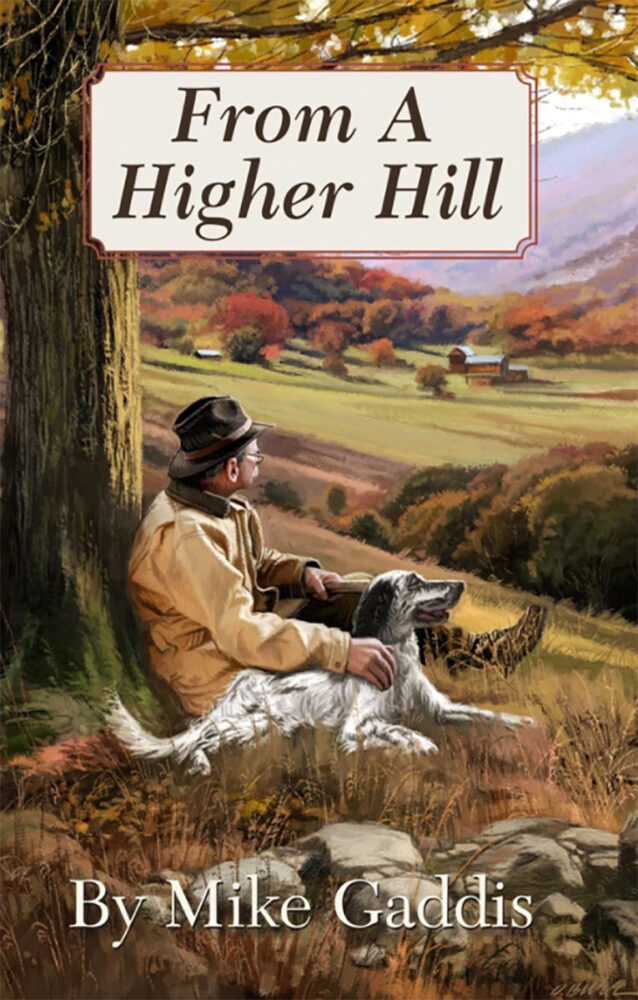 Life can be likened to ascending a mountain. The higher you climb, the more years you have beneath you, the farther you can see, the more unobstructed the view, the more you understand.
Life can be likened to ascending a mountain. The higher you climb, the more years you have beneath you, the farther you can see, the more unobstructed the view, the more you understand.
From A Higher Hill finds Mike Gaddis atop the enlightening vantage of almost eight decades. Looking back over the vast and enthralling sporting landscape of a life well lived. And ahead, to anticipate and savor whatever years are left to come.
Upon this lofty precipice, one of the most celebrated and insightful sporting authors of our time again reaches beyond himself, this time retrieving sixty-five more episodic explorations of the sporting life, the whole of which transcend contemporary perspective, and ascend to rare and unexcelled poignancy. Buy Now

